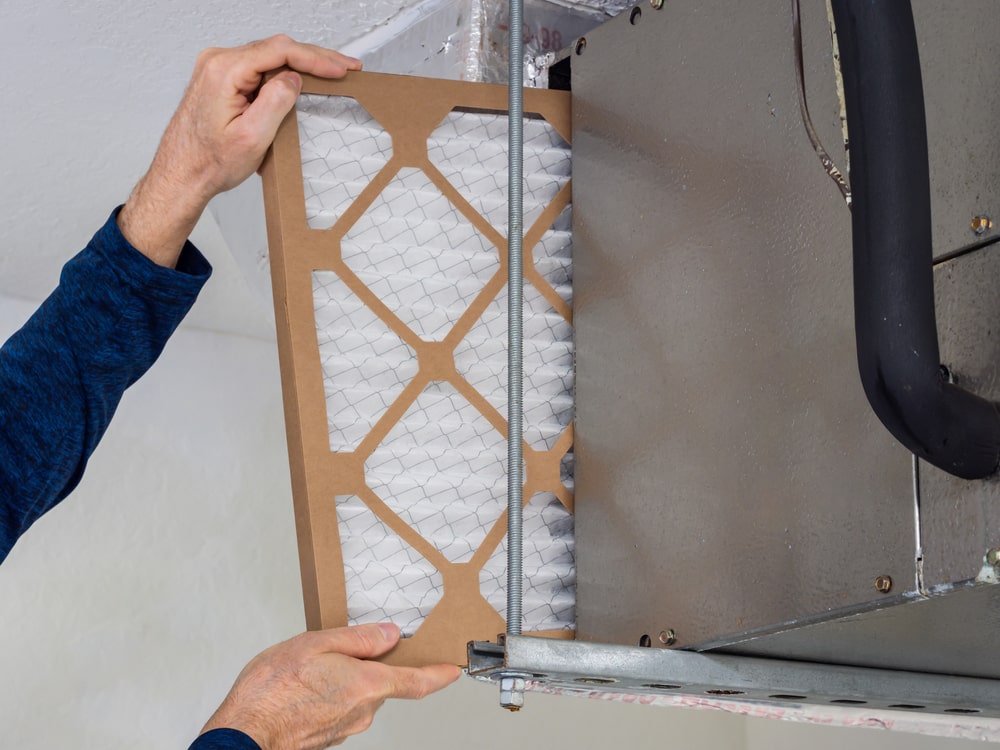If your boiler takes longer than normal to warm up, and if some radiators in your home are colder than others, then there could be circulation problems that have been caused by sludge. That is one sure sign that your home heating system could do with a clean.
If you discover brown or black water when bleeding your radiators, this is evidence that your central heating system needs to be cleaned and treated.
If your heating bills are higher than normal, it might be because of your change in usage, or it could be because the boiler is working harder to achieve the desired output of heat.
And if you have a look in your system’s Feed & Expansion tank and notice brown gunk on the walls and base, then you know you clearly have a problem.





